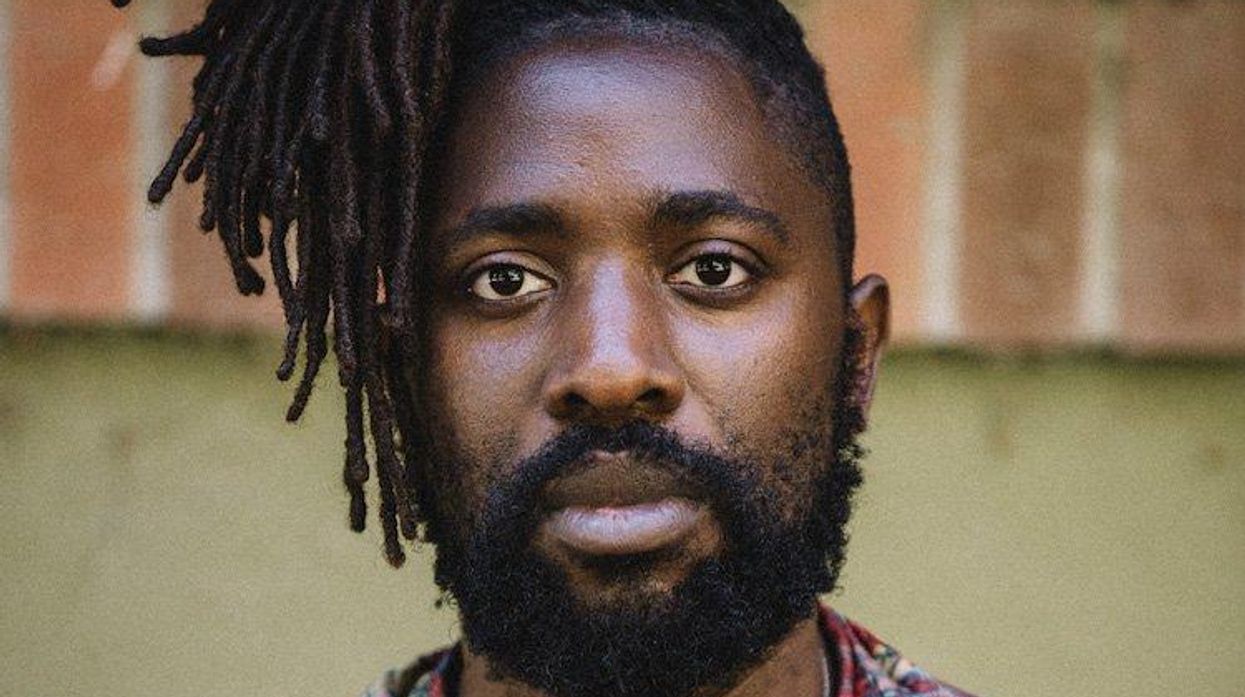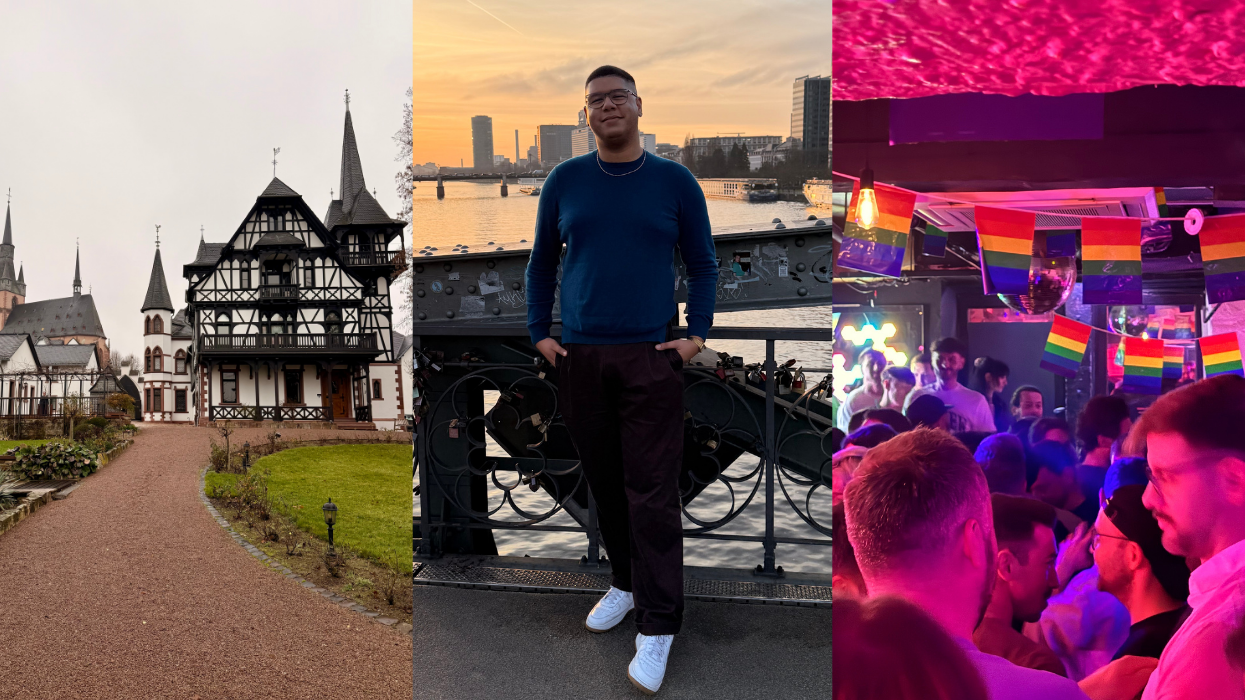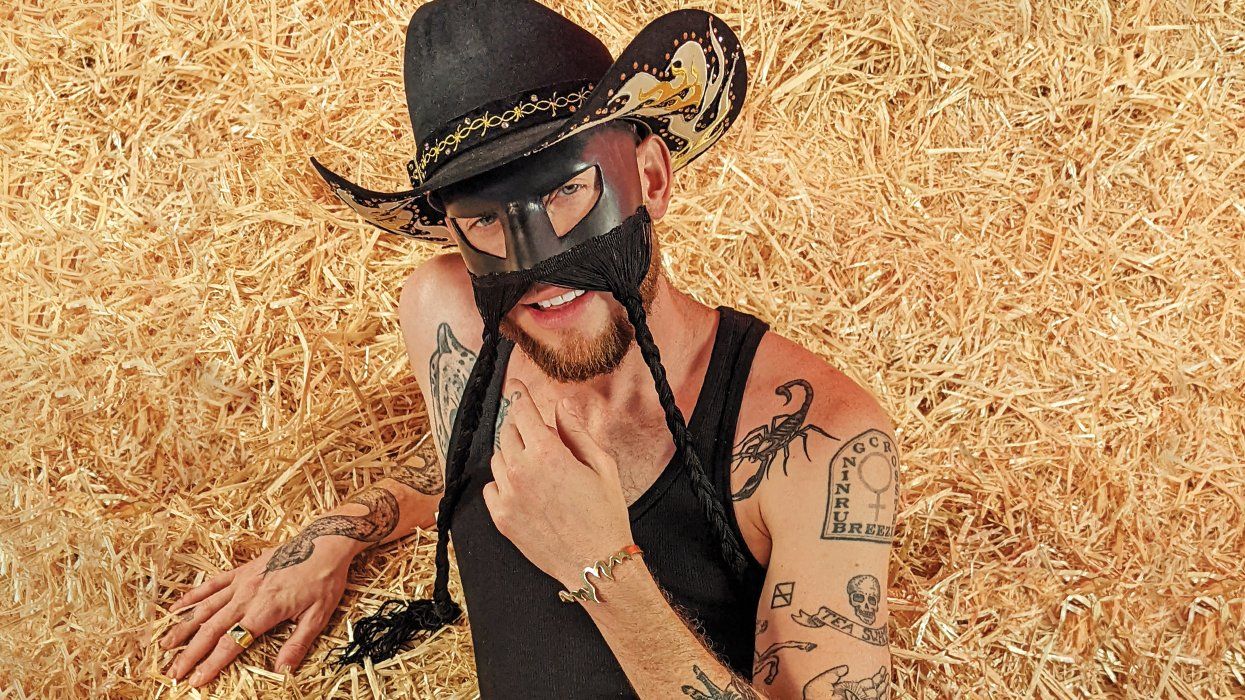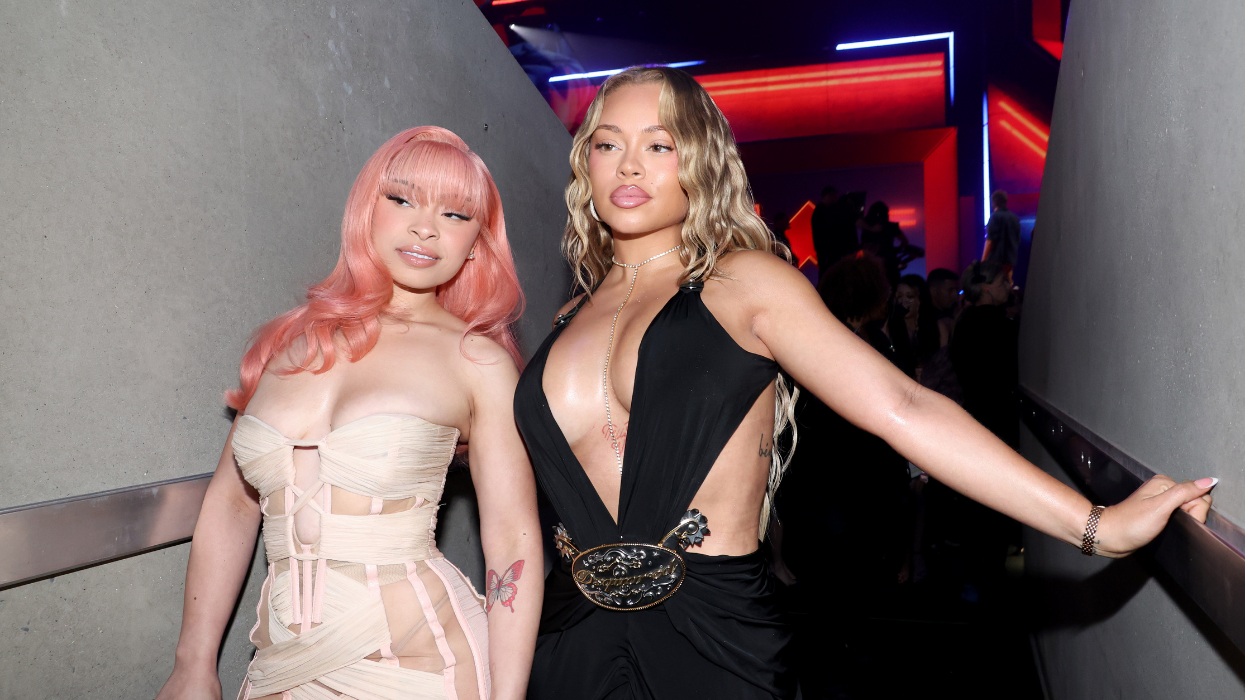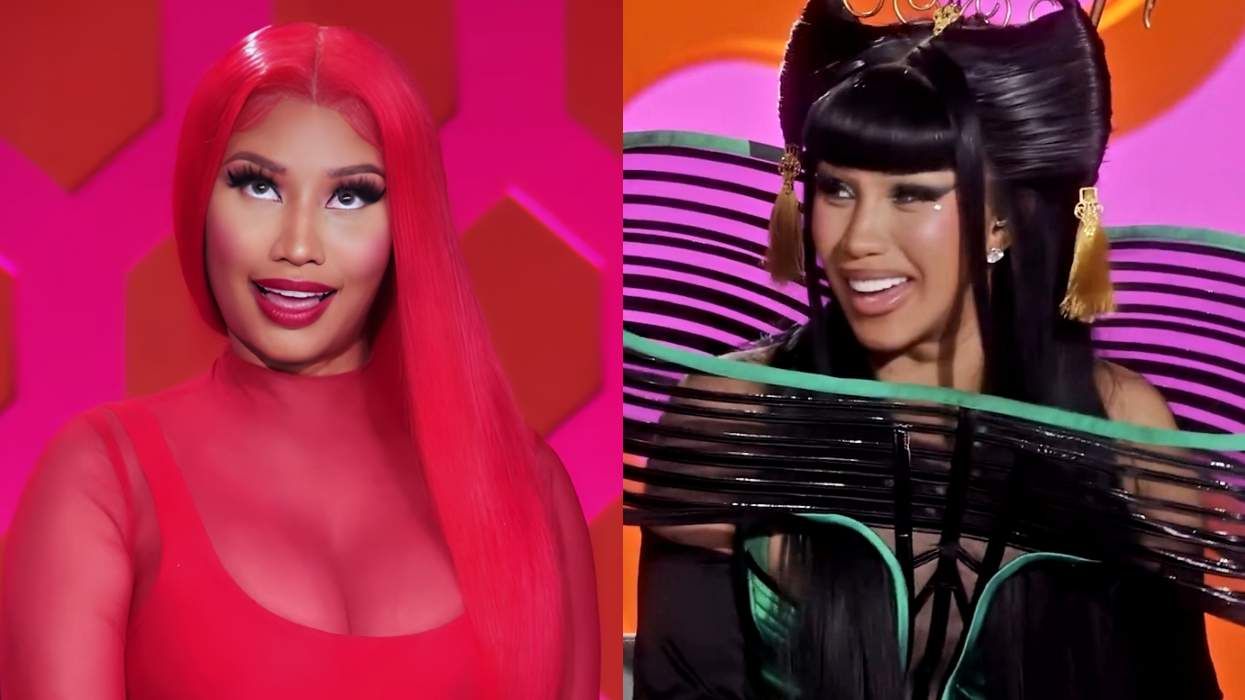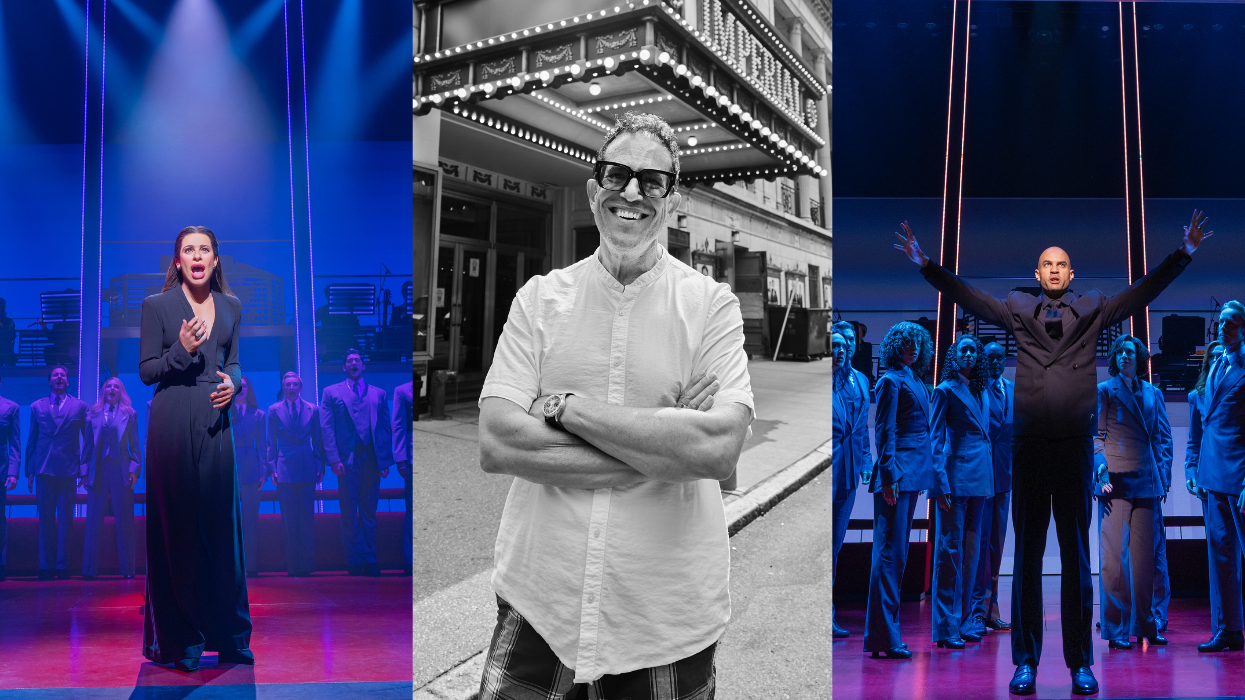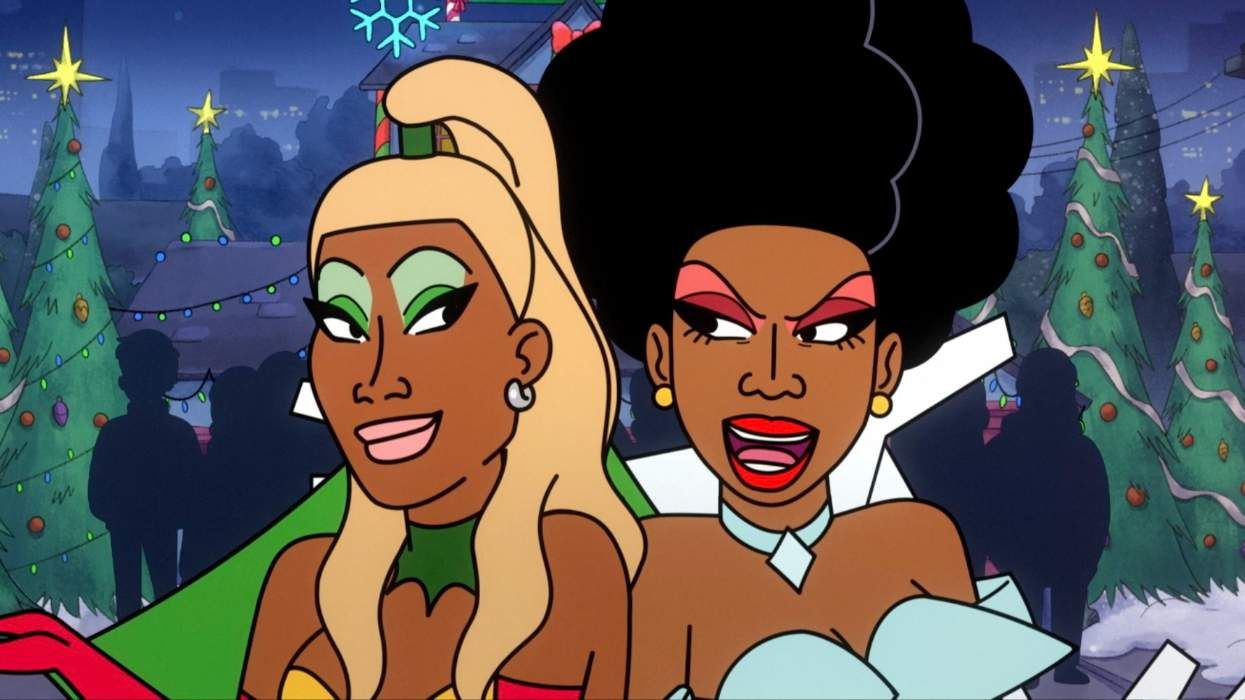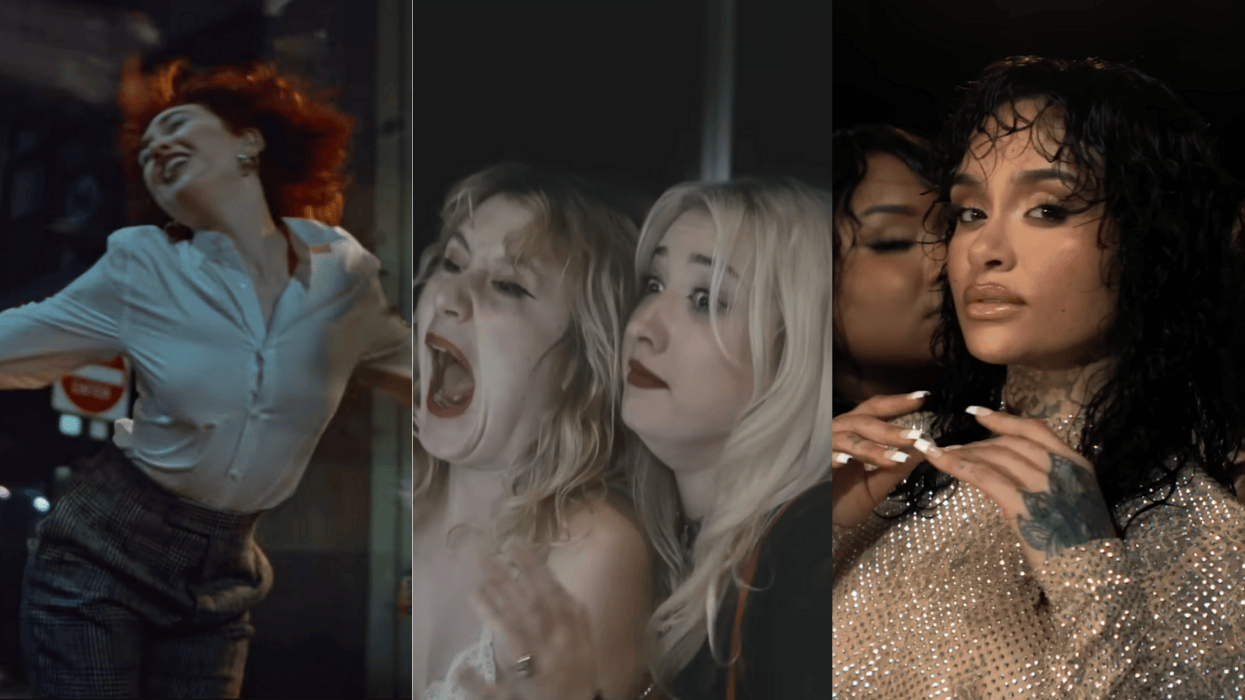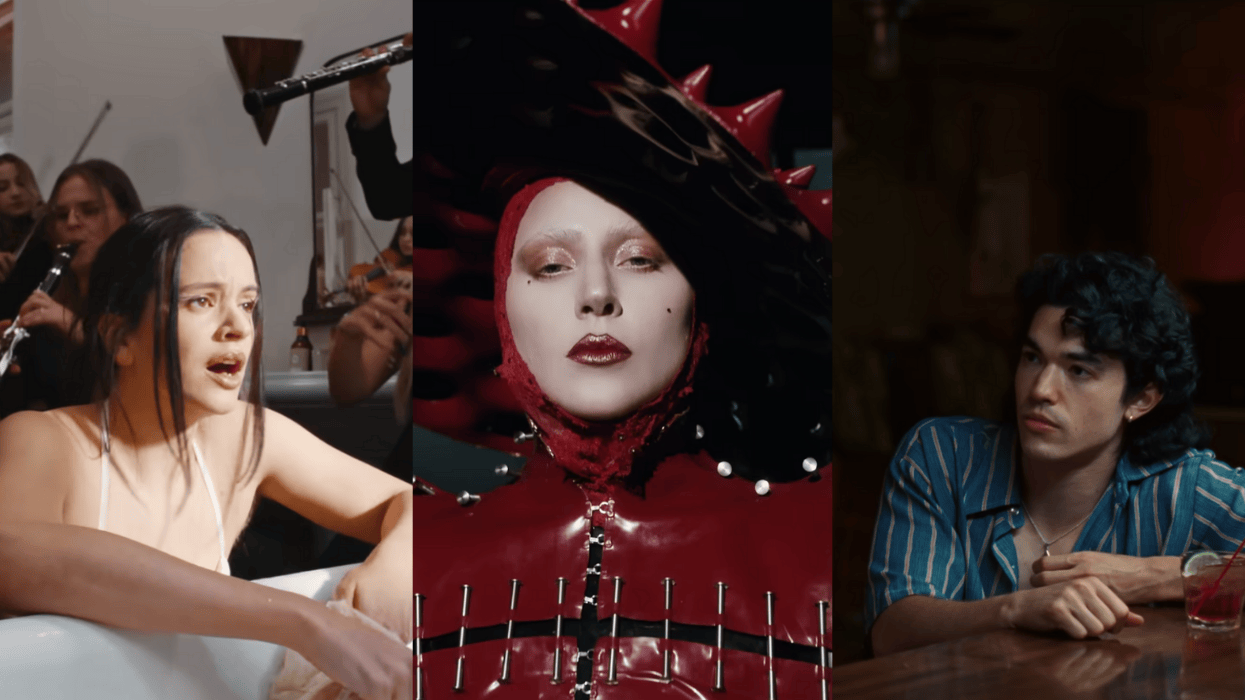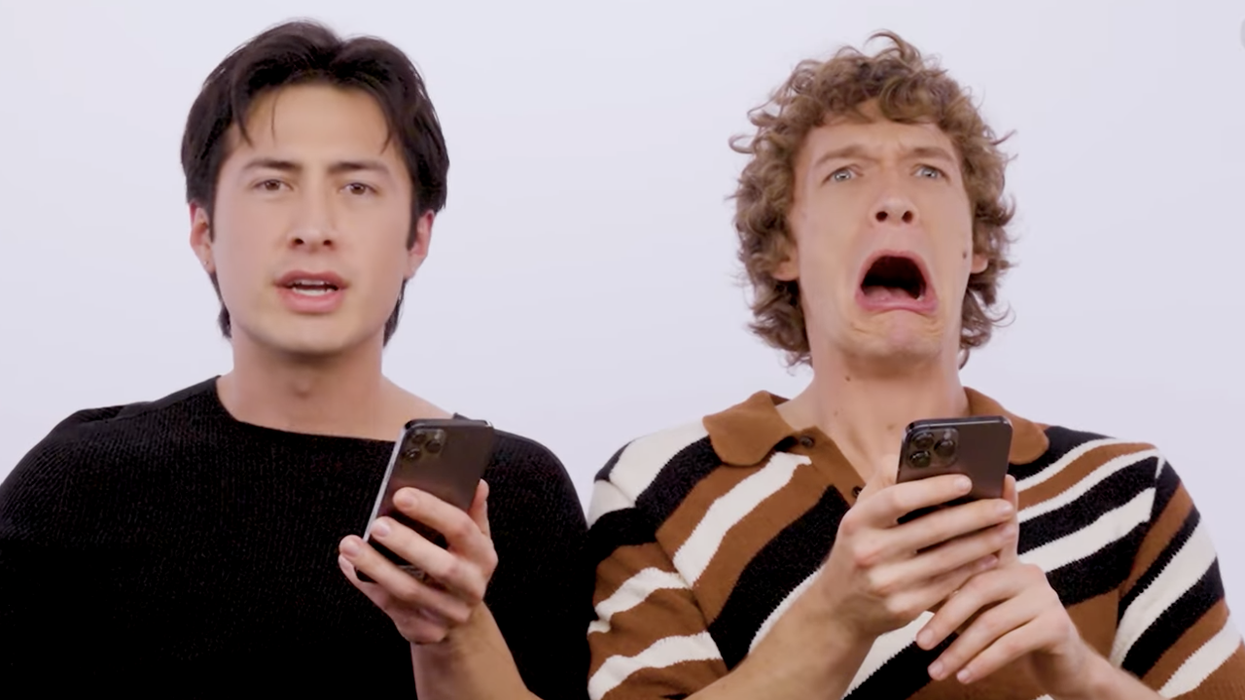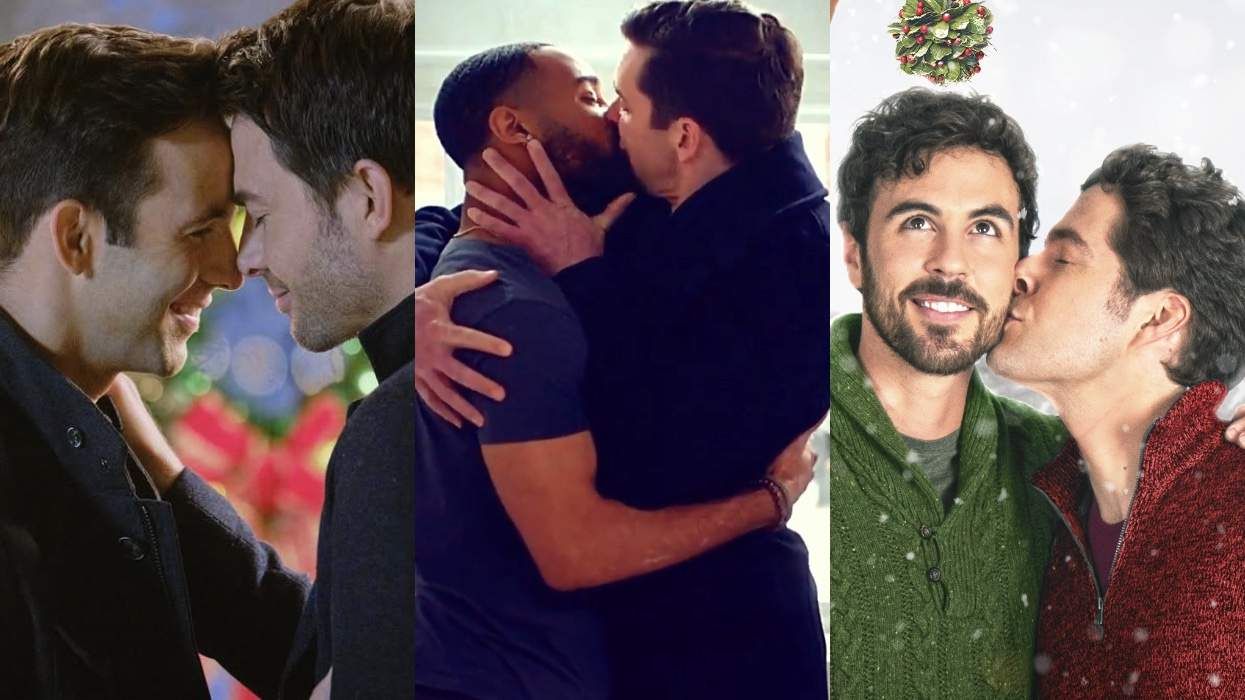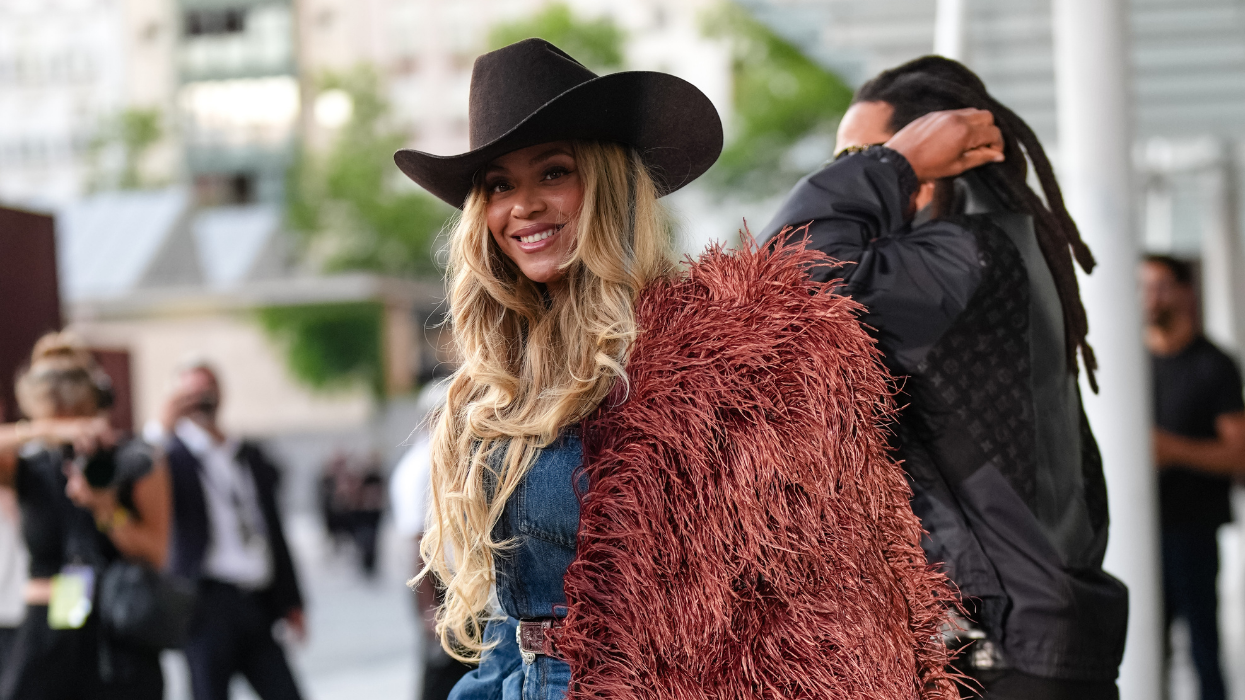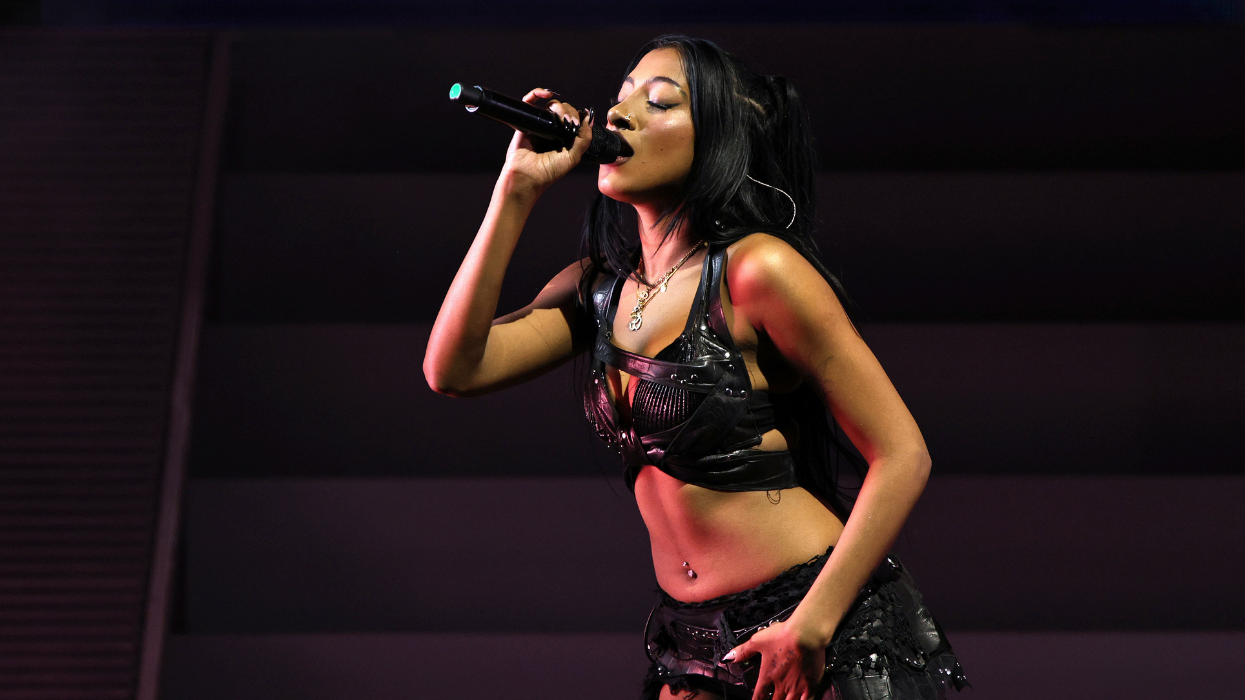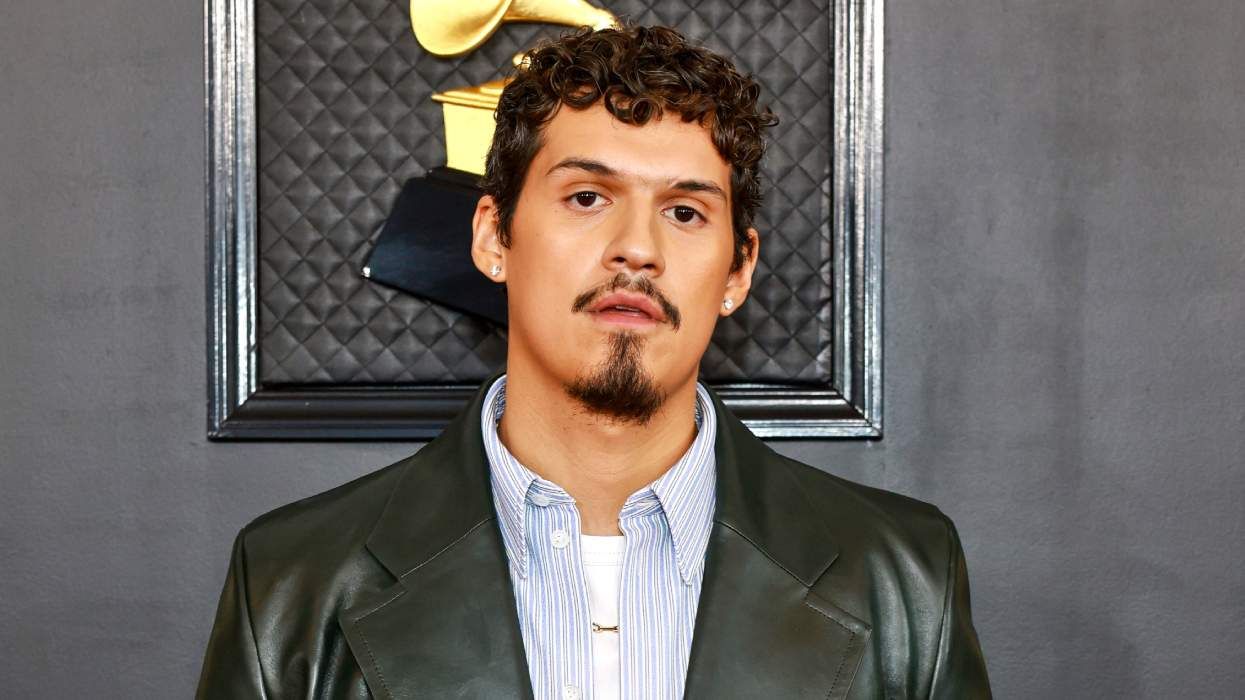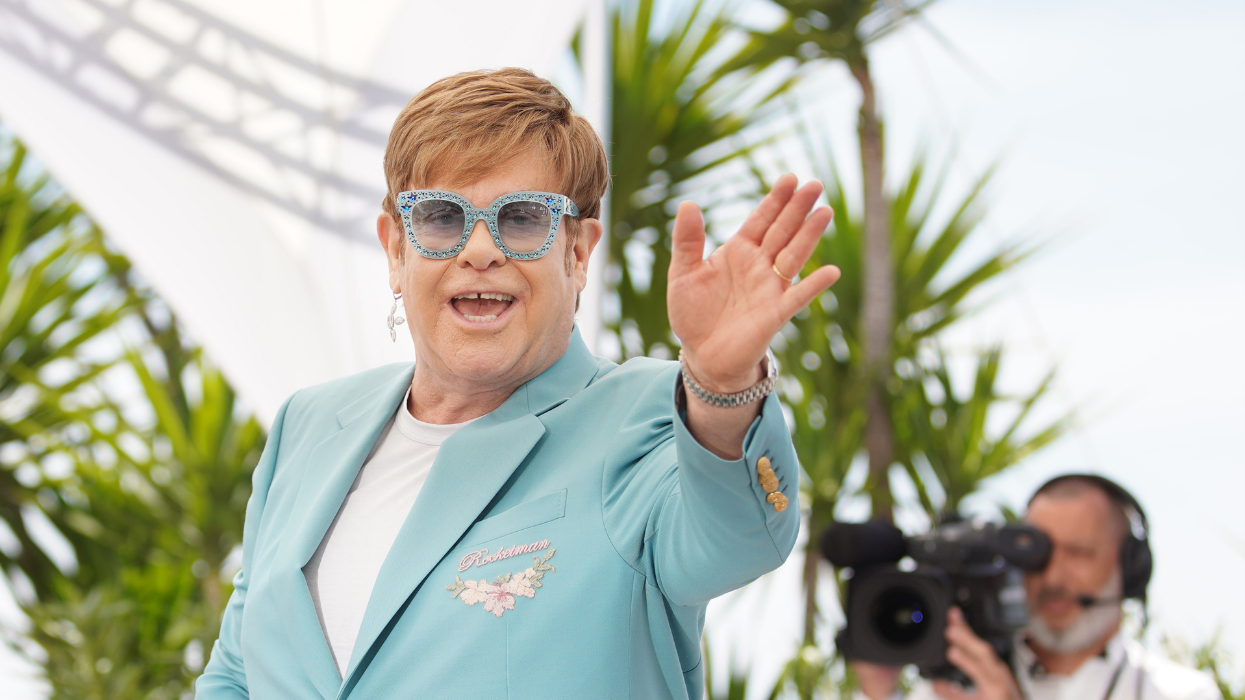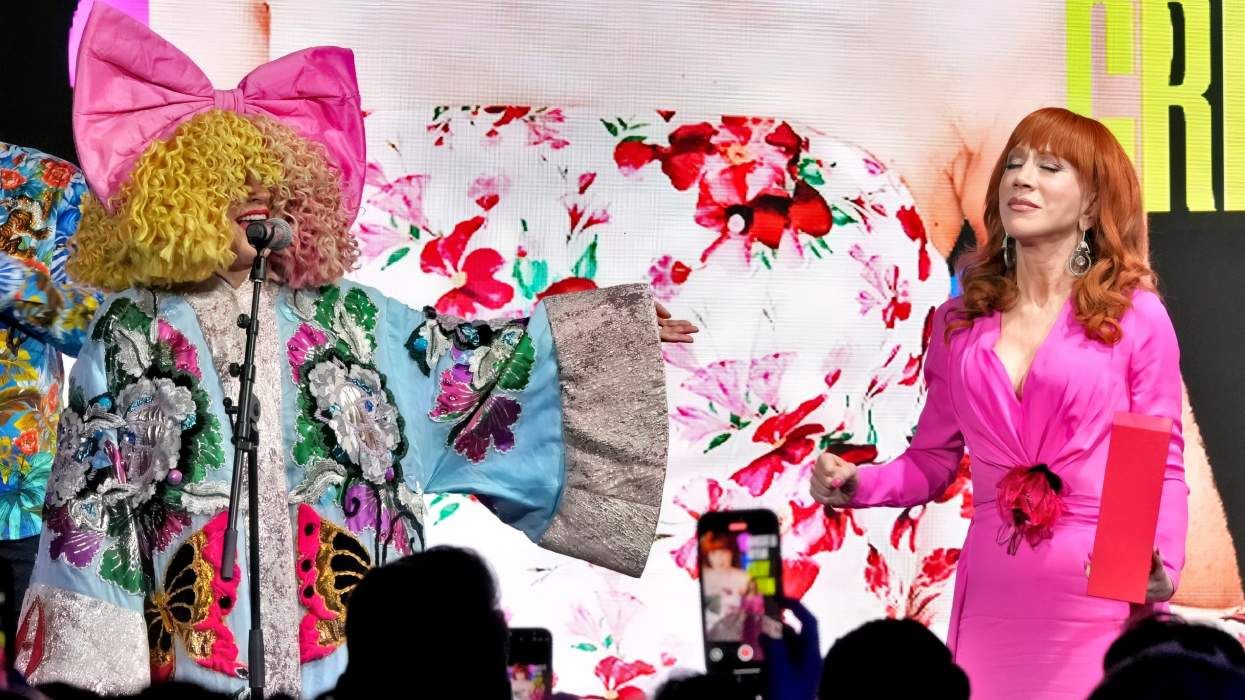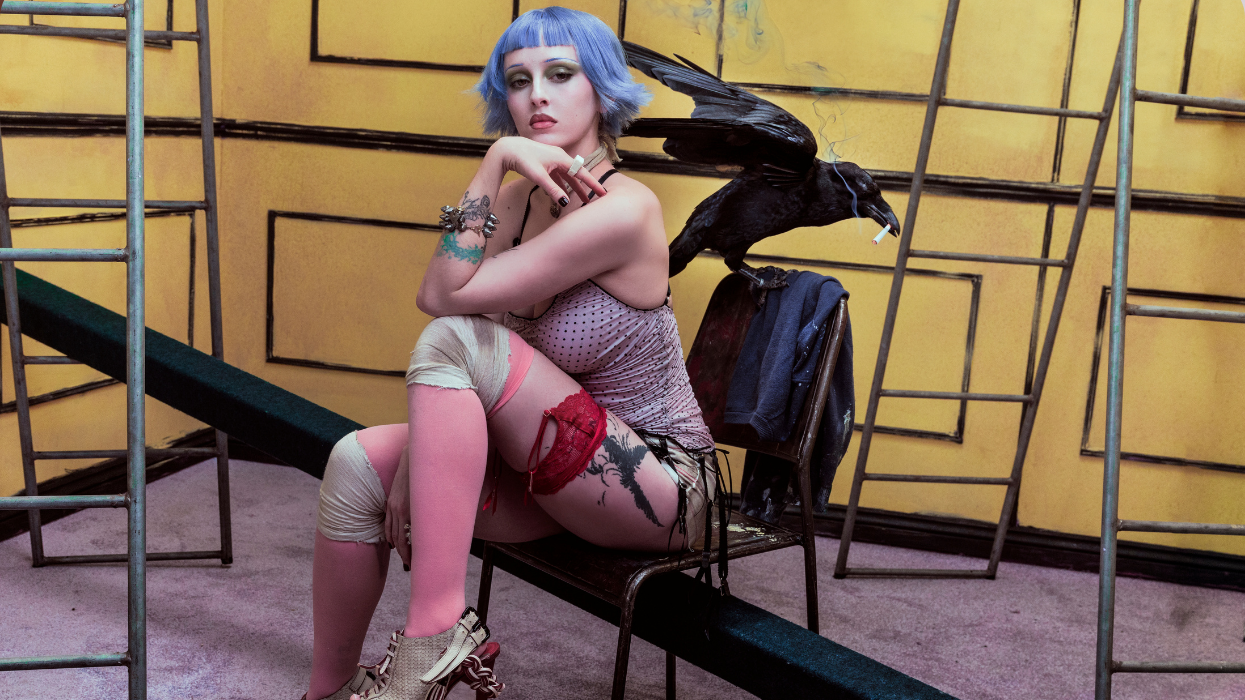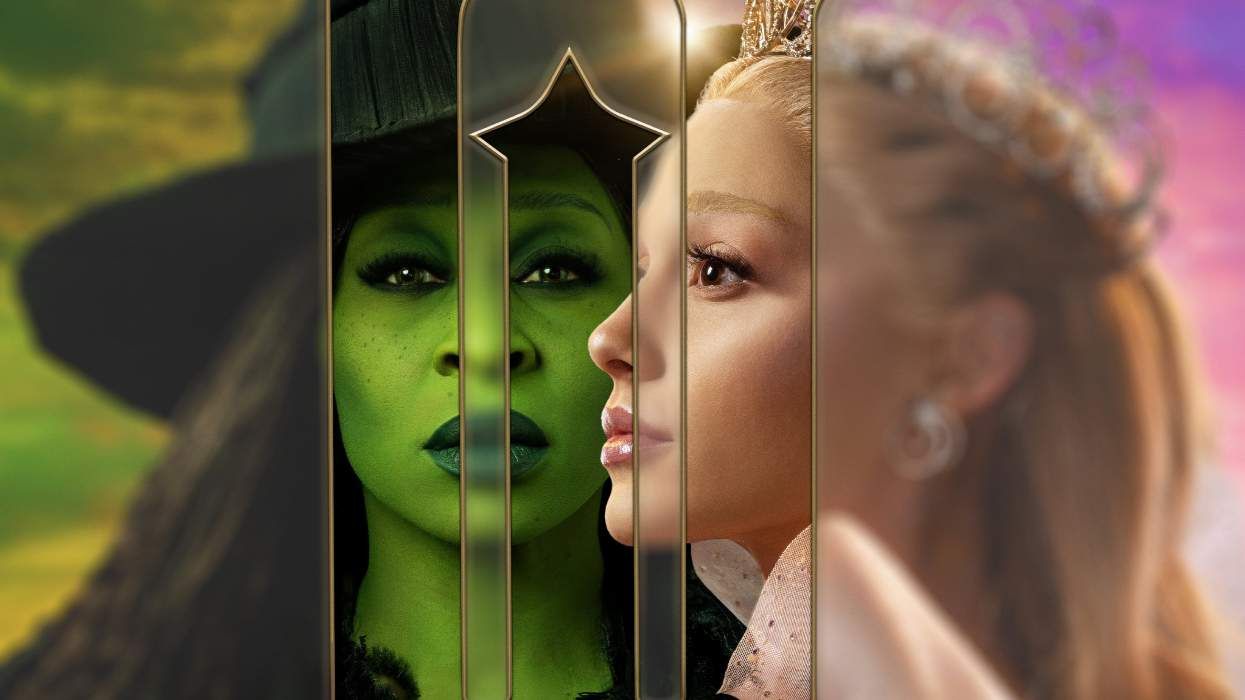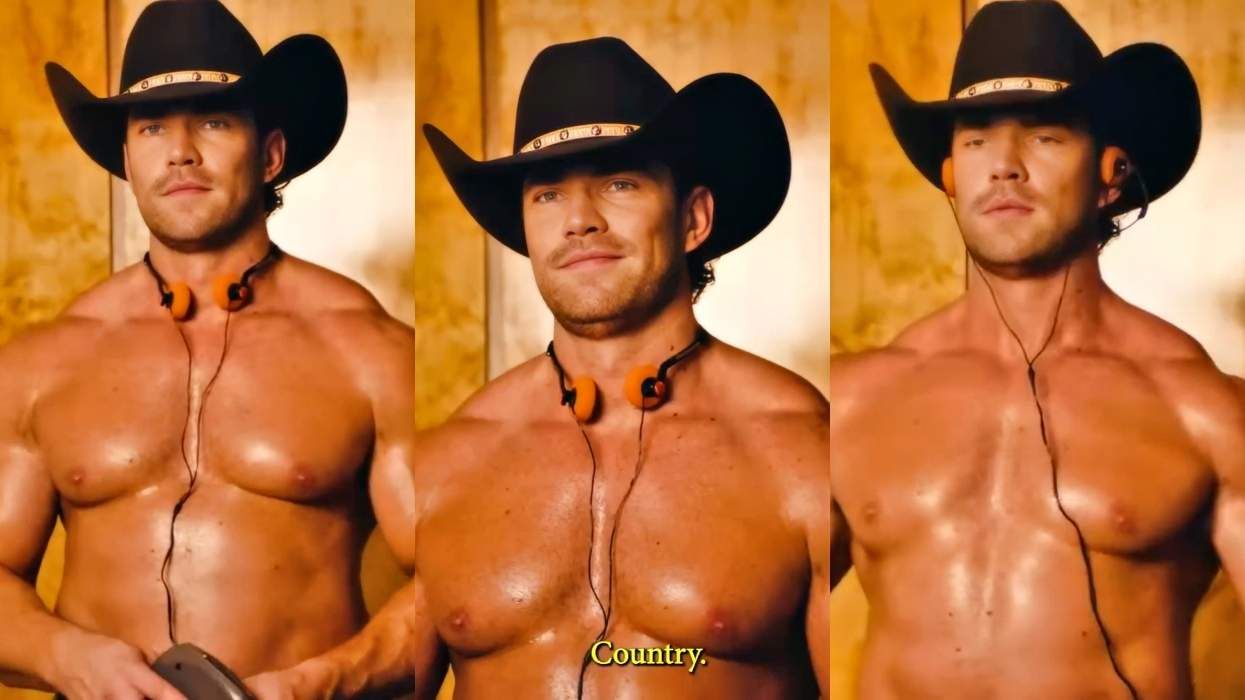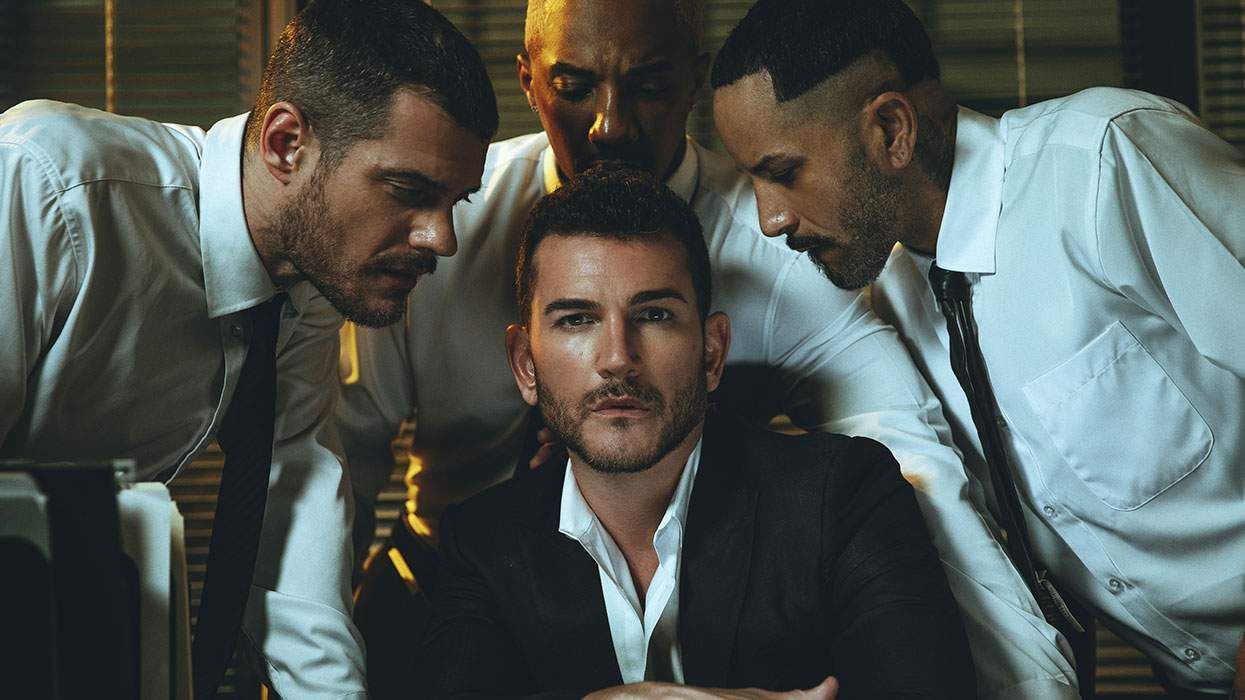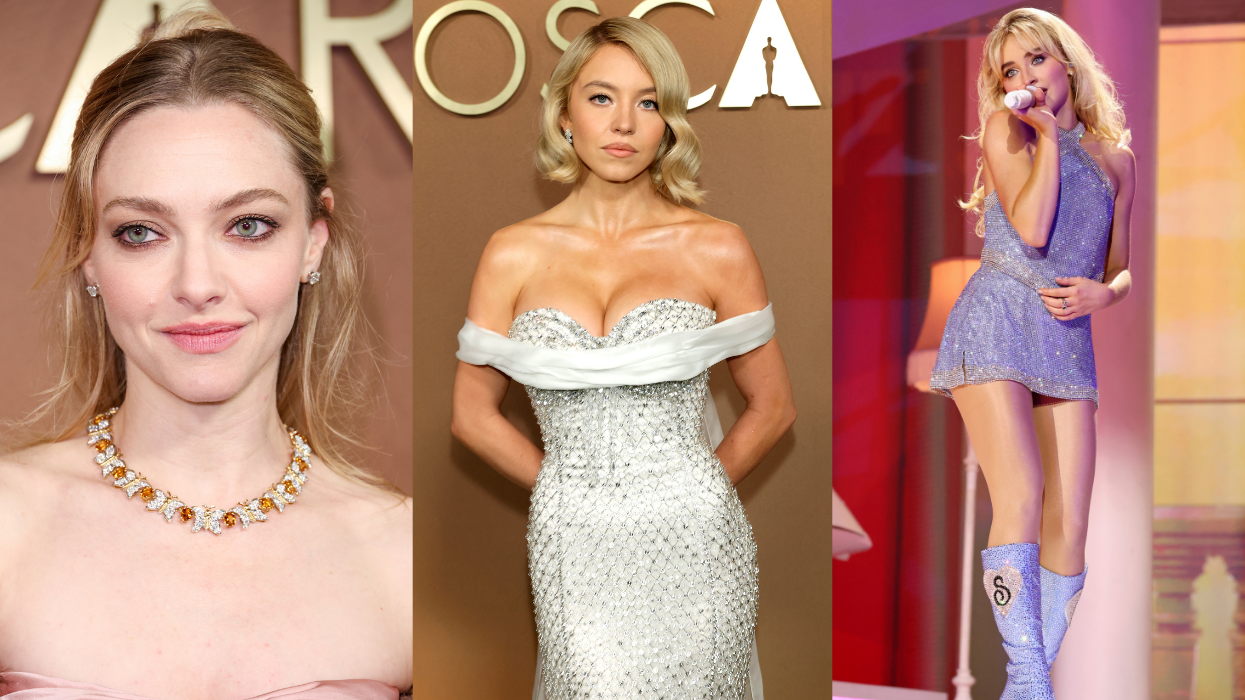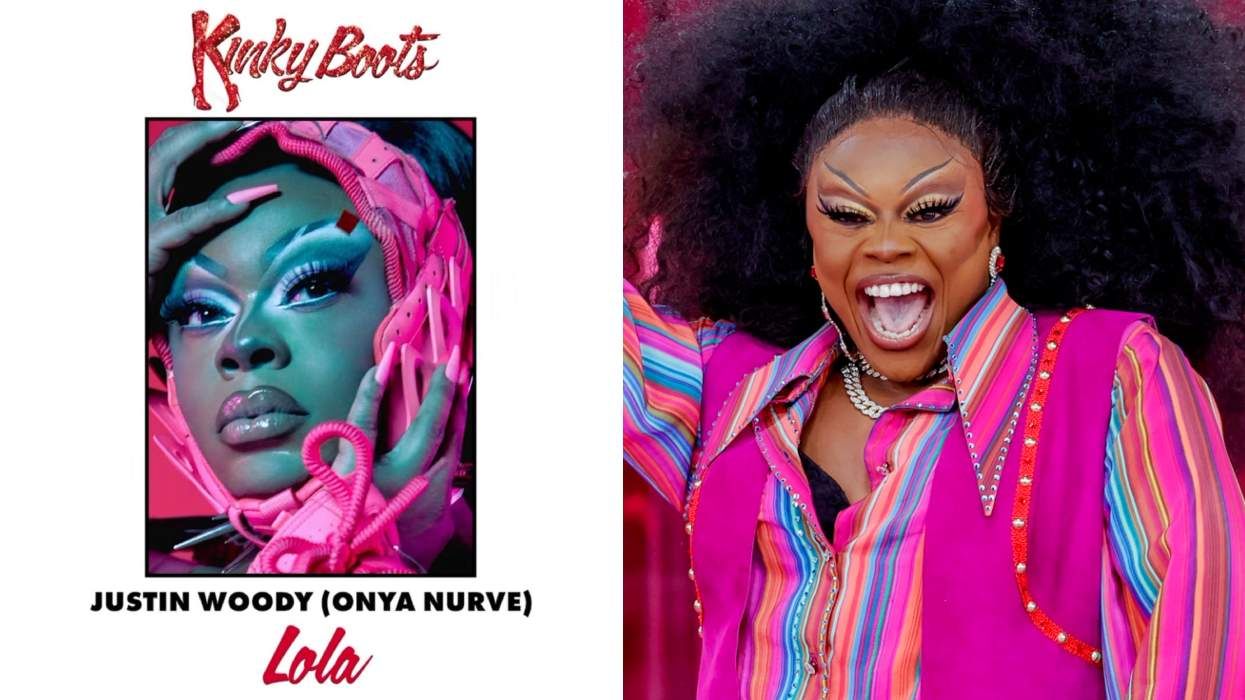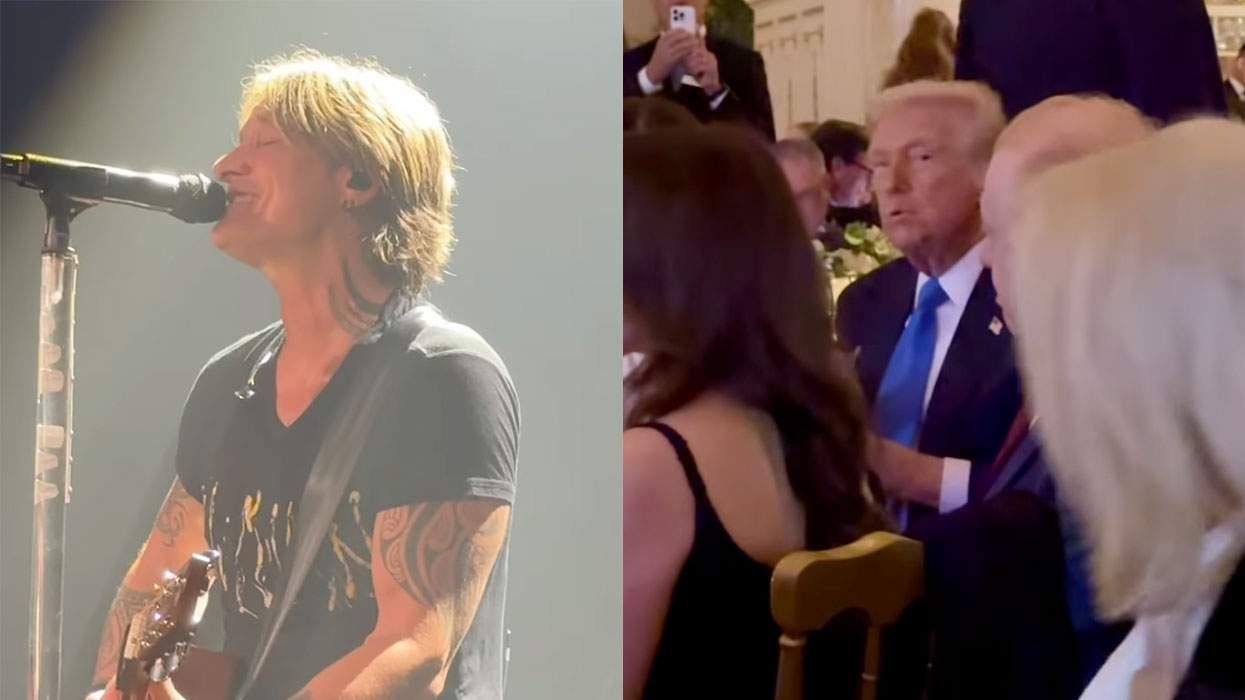"There is always something so liberating about making solo records because you can literally rip up the rule book and reinvent yourself," Kele Okereke explains after a long, meditative pause. "You can take any idea as far as you want to possibly go." The former Bloc Party singer, whose stripped down fourth album Fatherland came out earlier this month, isn't one to rush through his thoughts on anything, especially his music.
It's been three years since Okereke released the Trick, a continuation of his ongoing love affair with the sound of house music, but as he said, solo careers are about destroying expectations, which is perhaps the only way to describe the sonic jump on Fatherland. Gone are the disco-influenced tracks and, in their place, guest vocals from the likes of Years & Years' Olly Alexander and Corinne Bailey Rae; a medley of acoustic guitar chords; and lilting vocals that sound like lullabies. That's because they are lullabies, or at least they started out that way.
Related | From Being Disowned to Fatherhood, Kele Okereke Stands On His Own
Alongside his partner, the birth of his daughter Savannah changed everything for the 36-year-old singer and it was for her that Okereke began to write new tracks. But as the songs piled up, it became the basis for an entire album--one that has come to represent a new side to the famously shy singer. Through Savannah, he's settled into the introspective, loving role of father. As he sings on the lullaby named after his daughter: "If there's one lesson this life has taught me, open your heart, be kind and let the love flow through your soul. Always."
While he prepared to begin touring for Fatherland, Okereke sat down at his home in southwest London to talk about fighting back against the "white heterosexual story" with his music, the importance of Olly Alexander as a gay pop star, and his political rage.
OUT: For me, Fatherland sounds so happy in terms of its production. How do you feel about it?
Kele Okerke: I'm glad to hear you think that. It's always interesting speaking to people and listening to how they interact with what it is that you do. To me, it feels bittersweet. It feels like more of an autumnal record--something's definitely come to an end and yes, it's sad, but it's also optimistic.
It's also an interesting concept to have a gay person of color write about being a father.
Yeah, you might say it's an interesting concept because you're a journalist with a critical eye but, for me, it's not a radical thing to talk about what it is that I'm going through. Ultimately, as a man of color, all I can ask for is to have more stories and ideas and viewpoints out there because, personally, I feel that I've had heteronormative ideas shoved down my throat since I was a child. I've been told this white heterosexual story so many times in music, literature and films, so at this point in my life, I don't need to see those kinds of images or read those sorts of stories. I'm very actively seeking out other perspectives to show me as an artist and a human being another way of thinking about the world.
A lot has been written about how you've shifted away from the disco influence on your last album. What prompted that shift?
First and foremost, the idea to step away from the dance floor to explore another space really came out of recording and touring on my last solo album, Trick. It was very much about a kind of specific late night world and it was fun recording it, but there came a point where I realized it was time for me to get away from the dance world. As seductive and enjoyable as dance music is, there are other perspectives. There are other ways to engage with music. I was craving a different sort of space.
Throughout the album, you talk about your youth as a heartbreaker in some of your lyrics. What are your thoughts on love now?
I realized love is a continually evolving process. It's not like a Band-Aid or the answer to all your problems. It's something that you have to keep investing in and giving to. It's work and a commitment, but because you've given something of yourself over, then it heals you in a way that you can't really anticipate or explain. Love is enduring. It's a spiritual feeling.
Now you've experienced fatherhood, which is a whole different kind of love.
Yes! It is definitely the most important thing in my lifetime. That's really part of what the album was about. In a sense, when I said it was like Autumn, it is really about one world stopping--the person who I was before Savannah came into our lives. Every day with Savannah, I see the world through new eyes.
On the album, you duet with Olly Alexander. What was that experience like?
He's so smart and talented and I feel he's what our community needs in terms of a gay pop star. I'm excited to see what he's going to turn into. I feel good that there's a gay musician out there that young gay people can look up to. If I think about my experience as a young person, if someone like Olly Alexander had been around when I was growing up, I think I might have a very different idea about what it meant to be gay.
Related | OUT100: Olly Alexander
The record is a happy reprieve from what's going on politically, but I'm wondering, how has the political climate factored into your life and music?
I think that we're at a crucial time. It's odd for me because I made Fatherland in the summer of last year before Trump became the President. Back then, everyone thought Hillary Clinton was going to win the election so it feels odd to me talking about this record to people because it's such a gentle album and it's totally not connected to what's happening around the world. I feel rage right now. I feel rage and I feel anger and I feel like the music that I'm making now is articulating the anger because I think it's important. The sound I'm making now isn't Fatherland, it's something very different.
Do you think your next album will be more politically focused?
Yeah. I think with the way I'm writing, it's going to be the most politically direct album I've ever made. I feel that, now, that's what I have to do. I have a voice so I have to protest.


